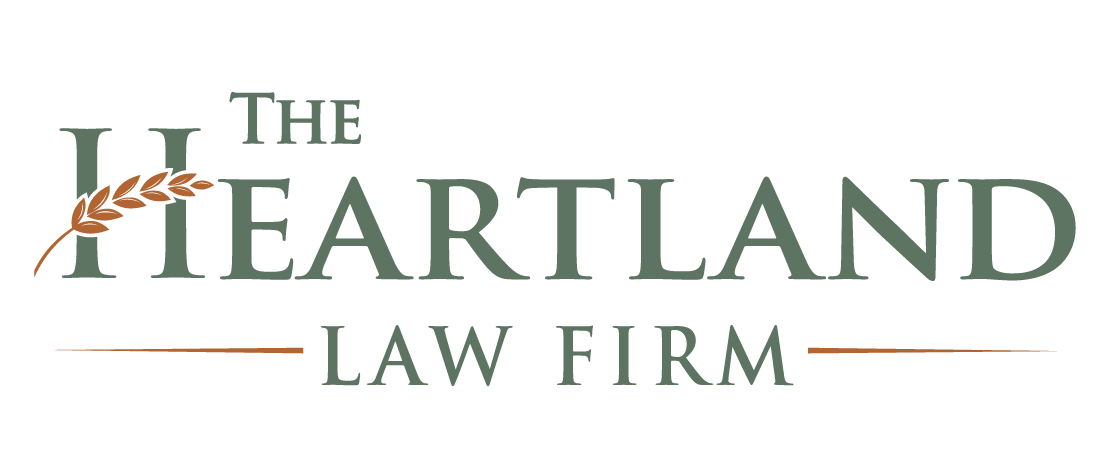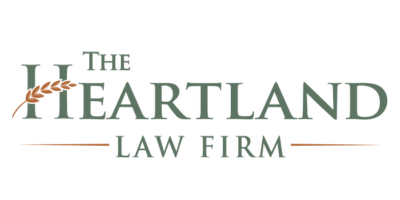Busy lifestyles are something many families are accustomed to. You have your to-do list that includes taking care of things that need attention such as yard work or fixing the leak in the basement. You may even have a plan in place to help you save for future events such as education and retirement. Long term care planning, on the other hand, is something most people don’t think about.
I have noticed a trend with many families that include paying less attention to things that could have negative consequences later on. Planning long term care could be one of those things since people who have something in place tend to be better off than those who don’t prepare. Many families don’t realize there is a
distinction between planning versus long term care insurance.
What is Long Term Care Planning?
This is basically when a family has a plan in place to meet healthcare needs of their elderly loved one. You may think this includes having an insurance policy in place but it is so much more than that. Multi-generation families are running into problems caring for their elderly loved ones and having a plan in place can help reduce financial burdens commonly experienced.
For instance, you may be a parent with young children, but also have the responsibility of helping your elderly parent get the care they need. How do you intend to pay for it? Your income may only stretch out so far. Families quickly learn addressing needs of an elder parent may be more difficult than they imagined. Do you know what options are available to help you pay for required care?
Getting to Know Planning Options
I come across many families are unaware that long term care for seniors can be planned in advance with a variety of unique options. You can work with an experienced planner who will work with financial professionals to provide detailed information for your family on how elder care can be provided based on needs and qualifications. There are 4 general options to help pay for quality health care:
- Your own money by depleting assets or self-insure through your personal portfolio.
- Insurance products such as a mix of life and annuity or long term care policies.
- Traditional long term health insurance plans with benefit options and inflation protection.
- Social or federal coverage options such as Medicare, Medicaid and VA Benefits.
Families can work with a professional who can advise them on strategies available for what you want to do in how to get the care needed for your loved one. Family members overseeing care provided will know how their loved one wants to proceed in getting the care they need financially. You can learn how to protect retirement assets while maintaining other necessary living expenses.
When You Are Reluctant to Get a Plan in Place
This is a common concept I see among families, especially in adults who are at an age where they should consider getting started saving. Some people believe they will lose money if it goes unused. The truth is there are options that allow you to get funds back you put into the plan or have them designated as a death benefit that would be paid to your estate (family) upon death.
This option is part of a relocation of assets plan that gives families multiple options on how to use funds associated with the plan. The funds may be used to help pay for care at a nursing facility, stay-at-home care, or if you decide you want to end the plan you can have the principal amount given to you as a check upon cancellation.
Sooner Than Later Is Better to Get Started
Many families I talk to wonder when it is a good time to consider this option. Many feel the ideal time would be the day before the need occurs, but we know life isn’t like that. Planning long term care has been considered by people in their 40s through 60s, but those in their mid-70s may qualify. Younger people who are saving for retirement, education, or have limited debt obligations may want to consider available options.
Get More Information
For more in-depth details I encourage you to listen to the following podcast:
How Long Term Care Planning Really Works
http://www.spreaker.com/user/martyfogarty/how_long_term_care_planning_really_works
If you live in the Glenview, IL area and would like more information please call the Heartland Law Firm at 847-729-3300.




